Saving money doesn’t have to feel like a chore or involve major lifestyle changes, because by making a few small tweaks to your daily habits, you can build up your savings without even realising it. We’re here with tips to help you keep more money in your pocket while still enjoying life to the fullest.
Cook at Home More Often

Eating out is undeniably convenient, but the costs add up quicker than you might think: a takeaway here, a restaurant meal there, and suddenly your budget is blown. Cooking at home can be a fun and creative alternative that’s far kinder to your wallet, and if you’re short on time, try meal prepping on weekends to make weekday dinners a breeze.
Cancel Unused Subscriptions
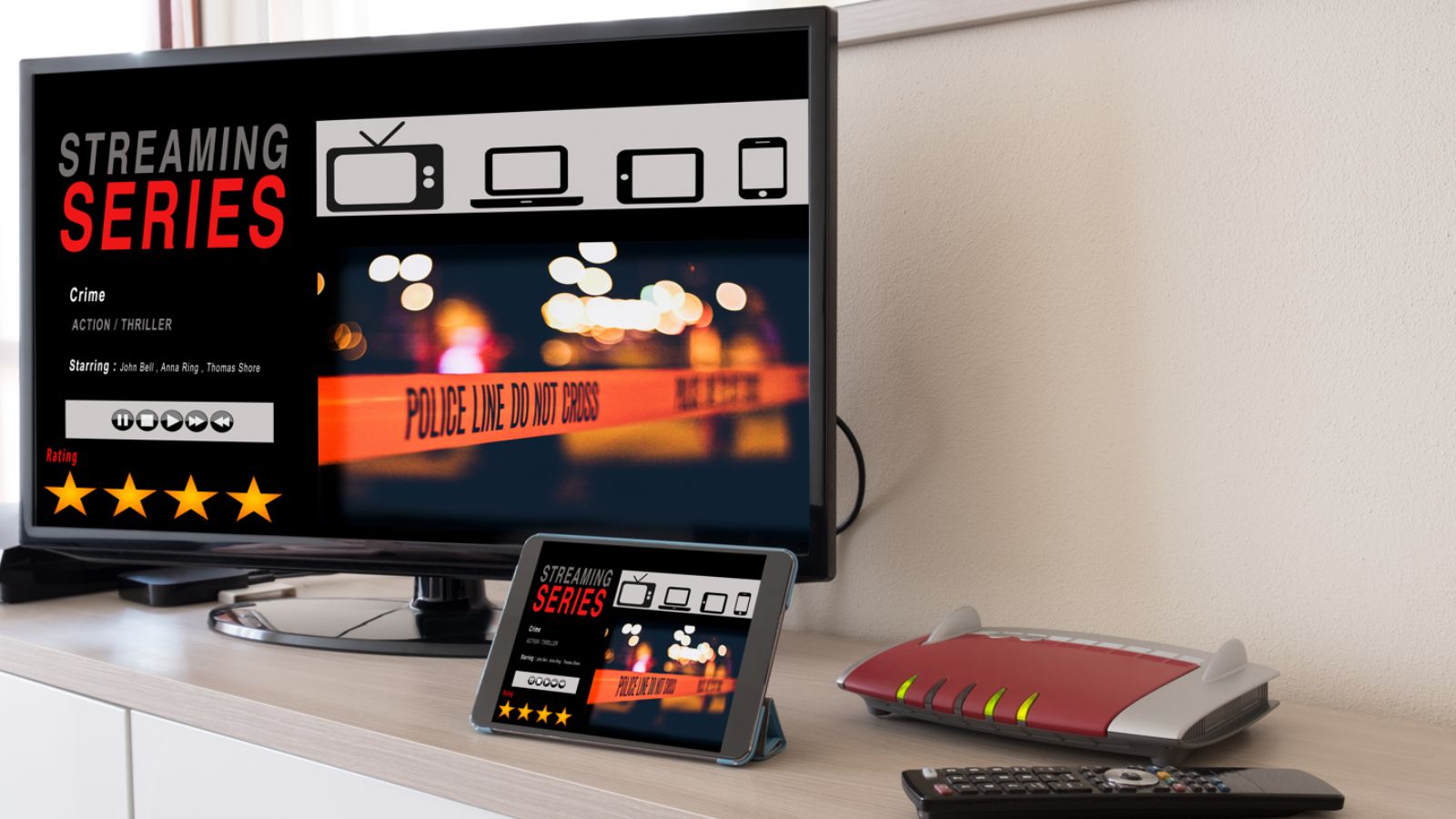
Have you ever checked your bank statement and been surprised by all those little subscription charges? It’s so easy to forget about the streaming service you rarely use, or the gym membership you’ve been “meaning” to use more often, so take a few minutes to review your recurring expenses and be ruthless—cancel anything you’re not actively using.
Switch to Own-Brand Products

Own-brand items from supermarkets can be surprisingly high quality and cost significantly less, like pasta, tinned goods, or cleaning products, and these alternatives often taste and work just as well as their pricier competitors. Start with a few swaps and see how much you save over time, and you might even discover new favourites you didn’t expect.
Shop with a List
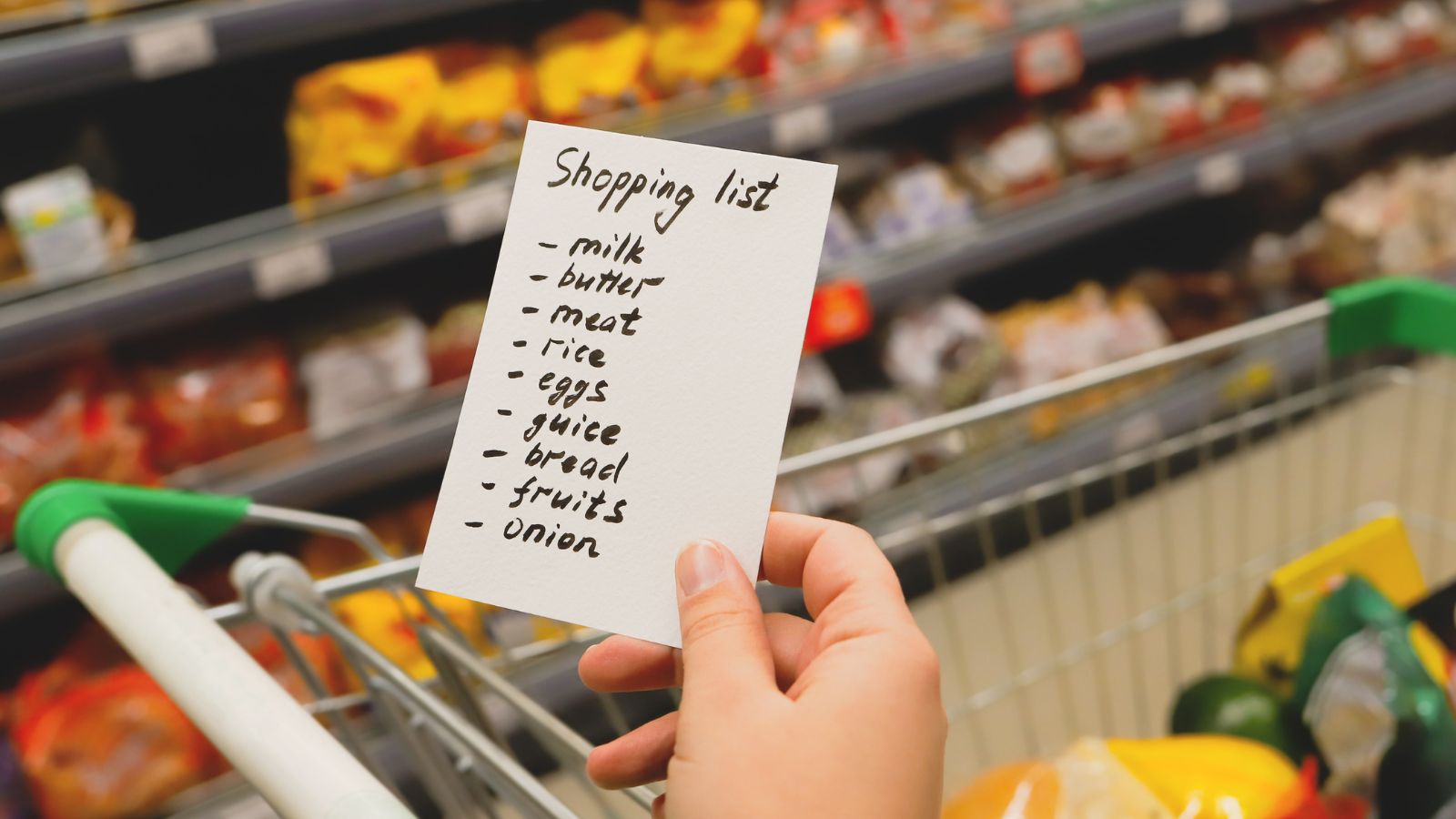
The power of impulse buying is that it’s a budget killer, while a shopping list can be your secret weapon. Write down what you need before heading out and stick to it like a shopping ninja—it’s amazing how much easier it becomes to avoid unnecessary purchases when you’ve got a clear plan.
Turn Off Appliances on Standby

Things like TVs, microwaves, and chargers might seem harmless, but they can add a noticeable chunk to your electricity bill over time, therefore taking the step to turn them off when they’re not in use can save you money with almost no effort. You could even invest in a smart power strip that makes it even easier to cut off power to multiple devices at once.
Use Cashback Websites

If you’re shopping online, why not get a little something back for it? Cashback websites like Quidco or TopCashback allow you to earn a percentage of what you spend on purchases, ranging from clothes to holidays, and signing up is free: all you have to do is click through their links before buying something you were already planning to get.
Walk or Cycle Short Distances

Forgetting about the car for short trips can do wonders for your wallet and your well-being, so instead of driving or hopping on a bus, consider walking or cycling to nearby destinations.
It’s not only free but also a great way to squeeze in some exercise without trying, whether you’re heading to the shops, meeting a friend, or commuting to work.
Shop Second-Hand

Many items in second-hand shops are gently used or even brand new, and it’s a bit like a treasure hunt, with the added bonus of feeling good about giving something a second life. Shopping second-hand is not only great for your bank account but also for the planet, and you’ll be surprised at what you can uncover in charity shops or car boot sales.
Set Up Automatic Savings

Saving doesn’t get much easier than this: many banks now offer features that let you save automatically, such as rounding up your purchases to the nearest pound and putting the spare change into a savings account.
It might not seem like much at first, but those tiny amounts quickly add up without you having to think about it.
Use Energy-Efficient Bulbs

With modern LEDs offering warm and bright light options, you won’t even notice the difference—except in your reduced energy usage—when you switch to LED light bulbs. Not only do they last far longer than traditional bulbs, but they also use significantly less electricity, therefore the savings on your energy bill more than make up for the initial cost in the long run.
Make Packed Lunches
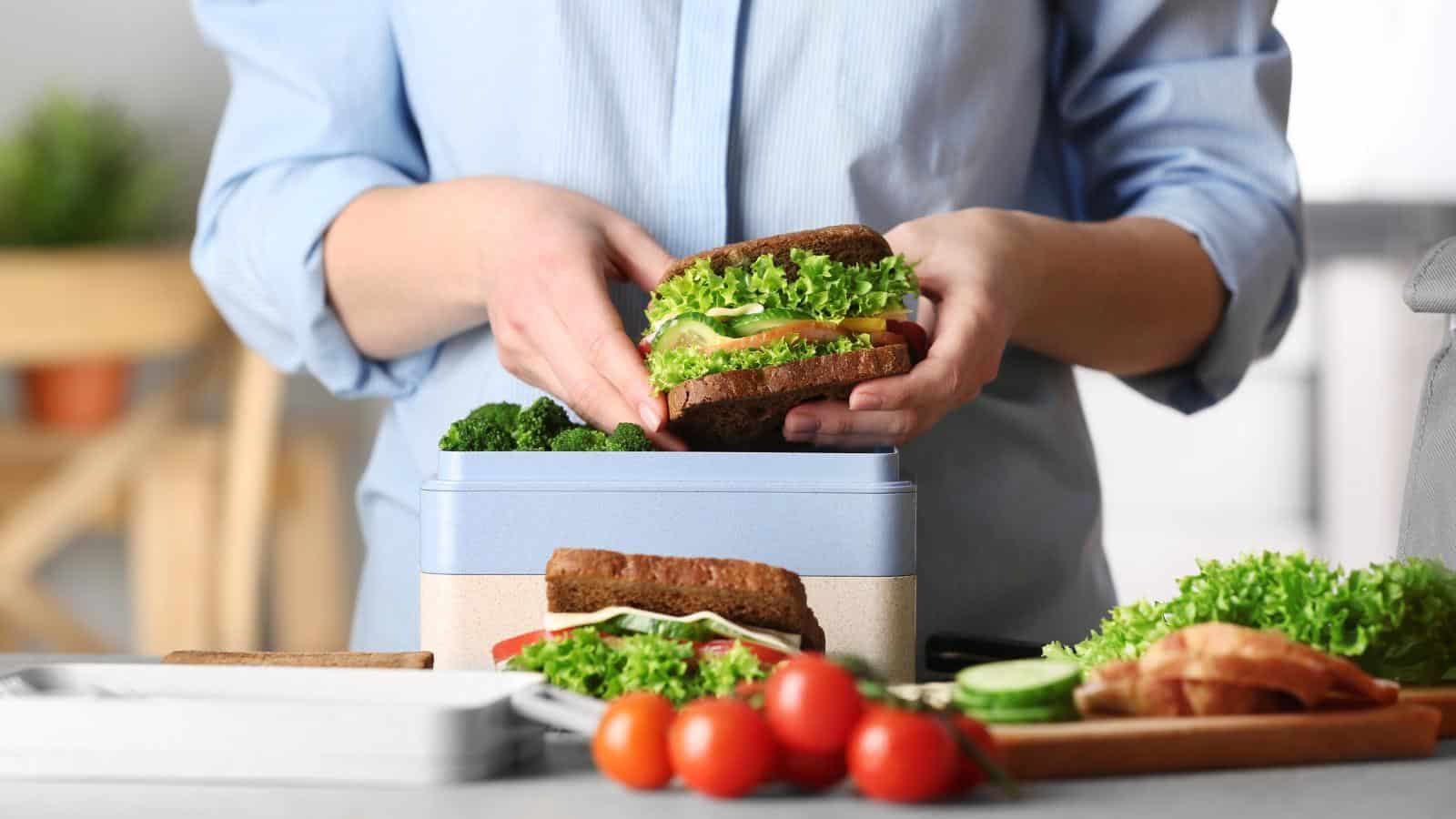
Those £5 meal deals and quick bites add up to hundreds of pounds a year, even if it feels more convenient, while making your own packed lunches is a fantastic way to cut costs without sacrificing taste. Sandwiches, salads or even leftover dinners can be whipped up to something delicious and tailored to your preferences.
Borrow Instead of Buying

For items you’re only going to use once or twice, borrowing can be a brilliant solution, like if you need a power drill or a fancy dress outfit—ask friends, family, or neighbours, or check out local borrowing schemes like tool libraries. You’ll save money, reduce waste, and often strengthen your social connections at the same time.
Switch Utility Providers
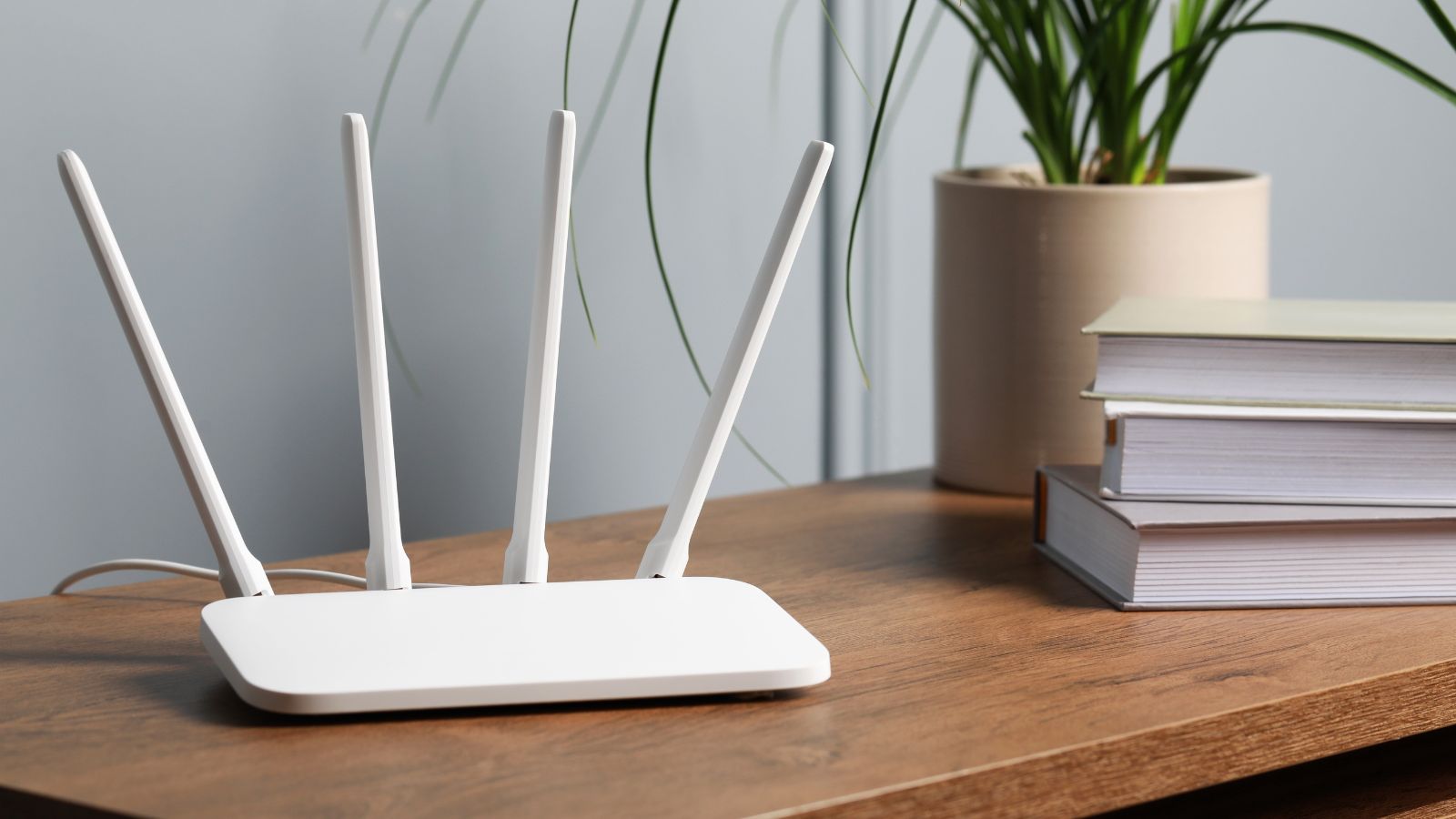
When was the last time you shopped around for your gas, electricity, or broadband? If it’s been a while, you might be paying more than you need to, and switching utility providers is easier than ever, thanks to comparison websites that do all the hard work for you. Many companies offer discounts to new customers, so it’s worth checking regularly for better deals.
Embrace Free Entertainment

Fun doesn’t have to come with a hefty price tag, as there are plenty of ways to enjoy yourself without spending a penny, such as free museum days or outdoor festivals. There’s always something happening if you know where to look. Therefore, you can swap costly nights out for a cosy movie night at home.
Reduce Food Waste
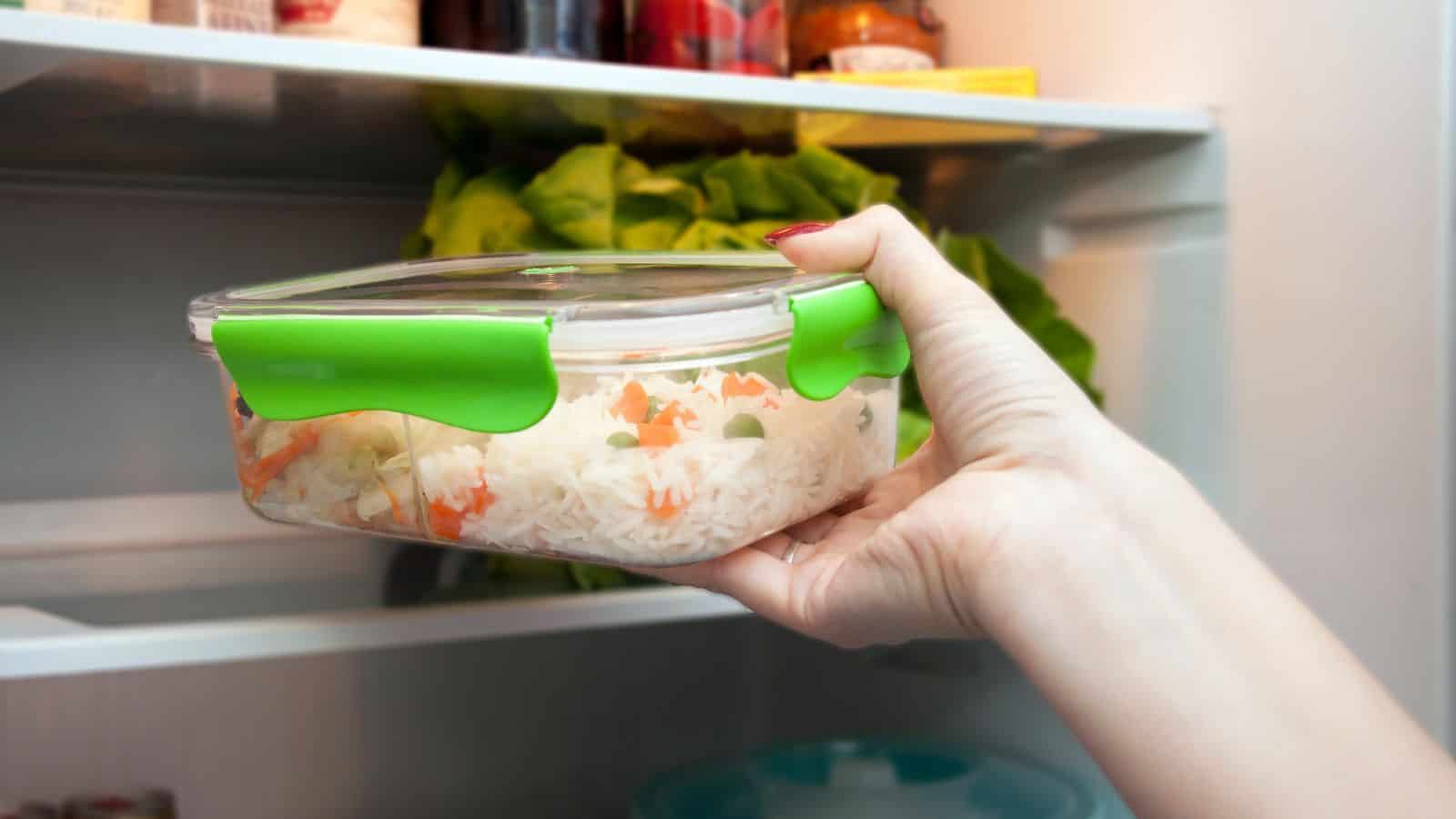
A little planning can go a long way towards cutting back on waste and saving money. Check your fridge and cupboards before shopping, and try to base your meals around what you already have, as well as being sure to store food properly, freezing leftovers, and getting creative with odds and ends.
Brew Coffee at Home

Invest in a quality thermos or reusable cup, and you’ll always have a fresh brew on hand. And you can even customise it to your liking and enjoy the smug satisfaction of knowing you’re saving money with every sip. Those daily cappuccinos or lattes from the café can sneakily drain your budget, after all.
Pay with Cash

It’s all too easy to overspend when you’re using a card, especially contactless payments that don’t feel real; switching to cash can help you stay in control of your spending. Withdraw a set amount for the week, and once it’s gone, it’s gone, while the physical act of handing over cash makes you more mindful of your purchases.
Wait Before Big Purchases

Instead of buying something immediately, give yourself a cooling-off period—whether it’s 24 hours or a week—because this pause allows you to think carefully about whether you really need or want the item. More often than not, you’ll find that the initial excitement fades, saving you from unnecessary expenses.
Use a Budgeting App

Budgeting doesn’t have to be complicated or boring: apps like Monzo, Revolut, or YNAB make it simple to track your spending and set financial goals, and they categorise your purchases automatically, so you can see exactly where your money is going. Armed with this insight, you’ll find it easier to make smarter spending choices.
Buy Seasonal Produce

Buying fruits and vegetables in season is not only more affordable but also tastier. Seasonal produce is often fresher and travels shorter distances, which means it’s better for the environment too, and you can also check out local farmers’ markets or supermarket deals to find the best prices.

